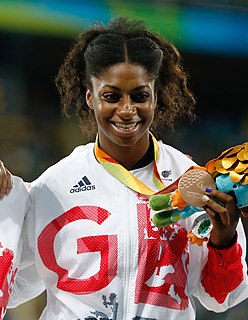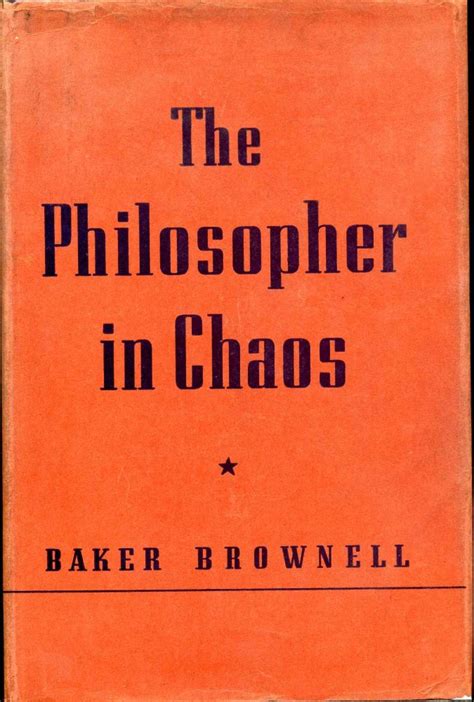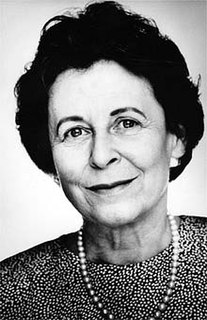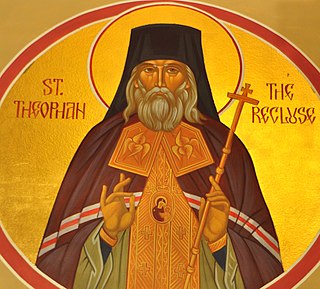A Quote by Nelson Mandela
My respect for human beings is based not on the colour of a man’s skin nor authority he may wield, but purely on merit.
Related Quotes
...[sacred] doctrine is especially based upon arguments from authority, inasmuch as its principles are obtained by revelation: thus we ought to believe on the authority of those to whom the revelation has been made. Nor does this take away from the dignity of this doctrine, for although the argument from authority based on human reason is the weakest, yet the argument from authority based on divine revelation is the strongest.
I'm happy to respect authority when it's genuine authority, based on moral or intellectual or even technical superiority. I'm eager to follow a hero if we can find one. But I tend to resist or evade any kind of authority based merely on the power to coerce. Government, for example. The Army tried to train us to salute the uniform, not the man. Failed. I will salute the man, maybe, if I think he's worthy of it, but I don't salute uniforms anymore.
Art arises in those strange complexities of action that are called human beings. It is a kind of human behavior. As such it is not magic, except as human beings are magical. Nor is it concerned in absolutes, eternities, "forms," beyond those that may reside in the context of the human being and be subject to his vicissitudes. Art is not an inner state of consciousness, whatever that may mean. Neither is it essentially a supreme form of communication. Art is human behavior, and its values are contained in human behavior.
The people who are abroad are all those that have no religion, neither one based on speculation nor one received by tradition. Such are the extreme Turks that wander about in the north, the Kushites who live in the south, and those in our country who are like these. I consider these as irrational beings, and not as human beings; they are below mankind, but above monkeys, since they have the form and shape of man, and a mental faculty above that of the monkey.
All human beings have failings, all human beings have needs and temptations and stresses. Men and women who live together through long years get to know one another's failings; but they also come to know what is worthy of respect and admiration in those they live with and in themselves. If at the end one can say, This man used to the limit the powers that God granted him; he was worthy of love and respect and of the sacrifices of many people, made in order that he might achieve what he deemed to be his task, then that life has been lived well and there are no regrets.












































